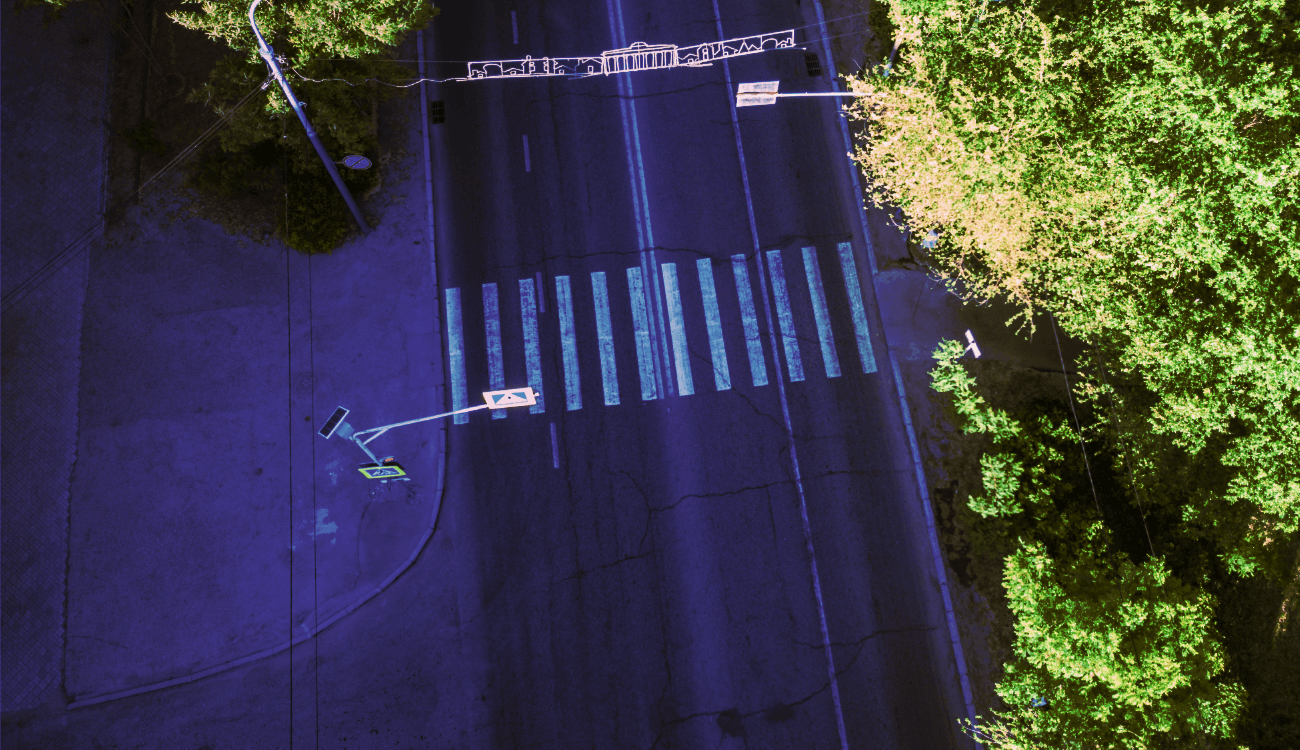
Call to Action: American Recovery Act funding for Milwaukee Residents by Milwaukee Residents
What should we be asking for? A guide to safe biking and walking improvements that should come from the American Recovery Act Fund Plan
Spending the American Recovery Act Plan funding comes down to an informed resident base for real decision making power. A guide for a Safer Built Environment in the City of Milwaukee.
Spending the American Recovery Act Plan funding comes down to an informed resident base that is able to take part in real decision-making on how budgets and direct government stimuli are prioritized. This information below is meant to be a guide for all.
Milwaukee Safe and Healthy Streets along with the Wisconsin Bike Fed believes it is vital that decisions about spending ARPA funding are transparent and inclusive with substantial community involvement in the decision-making process. Robust, community-led participatory budgeting processes require diverse ideas to be evaluated, taken apart, and rebuilt by the community. We respectfully put forward the ideas below not only to the office of the Mayor, Alderpersons, and other City Leadership, but more importantly, we are sharing these ideas with residents. As the community pursues a better quality of life, we must all have an opportunity to learn about the creative solutions that can be made to increase health and public safety in the built environment, keeping in mind the culture and practices of restorative justice.
If residents support and share the same values of implementing “critical infrastructure,” as Mayor Barrett initially placed as a priority area of ARPA spending, we see this opportunity as compatible with infrastructure funding that we can only anticipate for now, to be forthcoming from the *Biden administration.
1) Purchase the 30th Street Corridor between the Hank Aaron State Trail and
Havenwoods State Park. Whether it ends up being a bike trail, or passenger rail and trail, this corridor is key to achieving many of the City’s economic, environmental, and equity goals. Moreover, now is the time to acquire this land; future infrastructure funding streams might not allow purchase, but if it is purchased now, there is every reason to expect that future infrastructure funding will provide for building amenities on the corridor.
2) Create a Community Outreach & Engagement Team of at least three staff housed within DPW. This team should consist of people filling roles similar to the Community Engagement & Achievement Collaborative Manager and
Community Outreach Coordinator in the Department of Administration, and the Community Outreach Project Liaison in the Department of City Development. For any projects selected to be funded by ARP or future funding sources to be
impactful and equitable, more meaningful engagement is necessary. DPW staff are already overworked, and dedicated staff are necessary.
3) Lower speed limits and narrow roadways N 27th Street, W Fond Du Lac Avenue, W Capitol Drive and N 35th Street continually come up as problem streets for reckless driving. The factors that prior DPW studies have found to contribute to the unsafe driving conditions are multiple lanes of travel in each direction and 30+ mph speed limits that are often exceeded by 10 mph or more. To the extent possible under the City of Milwaukee’s jurisdiction, these streets should have their speed limit reduced to 25 mph, crossings narrowed, and excess travel lanes repurposed. Additional space should be used for physically separated bike lanes, wider sidewalks, and/or dedicated MCTS bus lanes. This project could be enhanced with future infrastructure grants. If the redesigned streets increase bus use and reduce reckless driving, additional funding could be sought in the future to turn them into full Bus Rapid Transit (dedicated lanes, with busways and iconic stations typically aligned to the center of the road, off-board fare collection, and fast and frequent operations)
4) Add curb extensions at all intersections where they are possible, starting with the High Injury Network from the Pedestrian Plan but expanding to all other arterial, collector, and local streets throughout the city. ARP funding should be used to test temporary pilot treatments with paint and bollards. Similar to the recommendation above, when the temporary treatments lead to reduced pedestrian injuries and fatalities, funding from future infrastructure packages can then be allocated to make permanent, hardscape (concrete) improvements.
5) Expand the Bublr bike share system. Bublr stations are currently concentrated in Downtown Milwaukee, on the East Side, in Bayview, and in near-North Side and near-South Side neighborhoods. The density of stations should be increased in these neighborhoods to make bike share trips more convenient. Importantly, stations should be expanded into other parts of the city, potentially using parks or other major community centers as hubs in lower-density neighborhoods. Again, for the Bublr bike share system to adequately serve the entire city, many rounds of expansion will be necessary, so funding this expansion with ARP monies would be complementary to future infrastructure funding opportunities.
Thank you for your consideration in these matters. We look forward to continuing to work with you in an open and inclusive manner on how to spend the ARP funds in the way that helps all Milwaukeeans.
*On May 24th 2021 the Executive Director of the National Association of City Transportation Officials (NACTO), released this statement warning advocates and local agencies across the country that the proposed transportation bill “Maintains What Makes American Transportation Inequitable, Unsustainable, and Unsafe… By continuing to funnel most federal transportation dollars through State DOTs, with no required input from cities, publicly funded projects will have no obligation to reflect local priorities. Many of the deadliest streets within city boundaries are outside of city control and will remain so with this bill.”
We urge all local lawmakers, the office of the Mayor and other City Department Leaders to deeply consider the flaws within the Transportation Bill and advocate alongside us for more real decision making power.
SIGN THE PETITION ARPA funding by People and for People for Safe and Healthy Streets
"*" indicates required fields